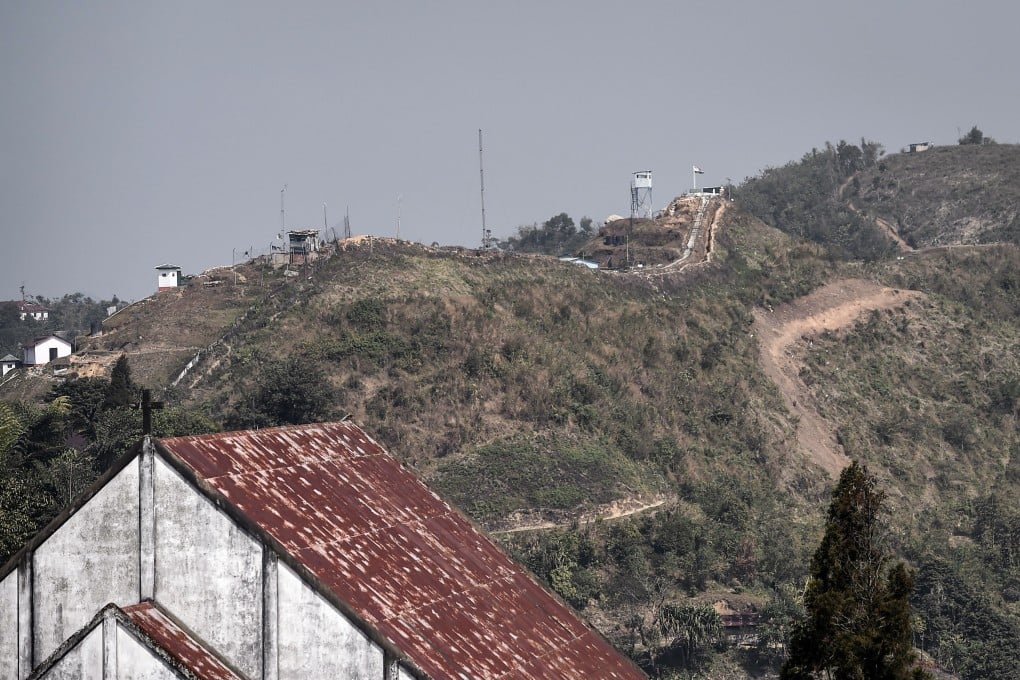Advertisement
India’s border security interests make Asean’s Myanmar peace plan a ‘second-rank concern’
- Asean dialogue partner India continues to engage with Myanmar, despite the bloc’s frustrations the junta is not cooperating with its peace plan after the 2021 coup
- Analysts say ‘national security’ comes first for India, as it needs Myanmar in the border security fight against insurgency, drugs and trafficking
Reading Time:5 minutes
Why you can trust SCMP
6

India’s willingness to deal with the junta in Myanmar – in stark contrast to the approach taken by most Southeast Asian countries – stems from concerns about border security and its calculation that the Myanmar military would remain influential even if no longer in power, analysts said.
Advertisement
On the sidelines of the Mekong Ganga Cooperation meeting earlier this month in Bangkok – which also included officials from Thailand, Cambodia, Laos and Vietnam – India’s External Affairs Minister S. Jaishankar met his Myanmar counterpart Than Shwe, appointed after his nation’s military took power in the February 2021 coup.
The two foreign ministers discussed issues relating to their common border, with Jaishankar stating India’s concerns about Myanmar’s humanitarian situation.
A total of 3,736 people had been killed since the coup by the end of last month, according to the Assistance Association for Political Prisoners rights group, with 411 of that number being children.
Civilians have been caught up in clashes between the military and pro-democracy opposition groups, but there are many accusations they are sometimes specifically targeted by the junta.
Over 23,000 people have been arrested, with more than 19,000 still detained as of June 30. Last year, the death penalty was reinstated in Myanmar after a decades-long moratorium, leading to several executions after sham trials.
Advertisement
Nevertheless, India continues to sell arms to the junta. A United Nations report in May said sales stood at US$51 million since the coup, including of weapons, raw materials and manufacturing equipment for arms manufacturing.
Advertisement